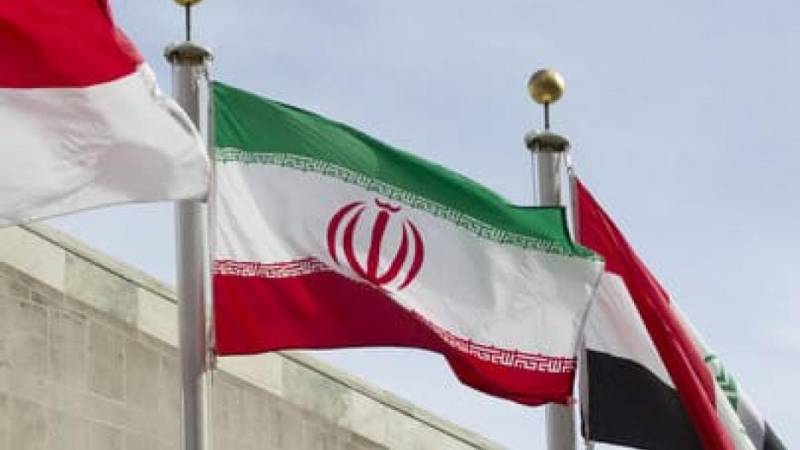Iran says compromise needed to end nuclear deal deadlock

Stay tuned with 24 News HD Android App

Iran's foreign minister said Monday that now was the time for the United States to decide if it will "compromise" to break the deadlock to revive the nuclear deal with Tehran.
"Europeans are used to compromise. Iran and the United States are not. The Americans are used to imposing, and we are used to resisting," Mohammad Javad Zarif said during a videoconference with the Brussels-based European Policy Centre think tank.
"So now is the time to decide. Will we both compromise and go back to the JCPOA? Or will we go back to our own paths?" he said, using the initials for the 2015 accord between Iran and world powers.
The deal, known formally as the Joint Comprehensive Plan of Action, has been hanging by a thread since former US president Donald Trump unilaterally withdrew from it in 2018 and reimposed punishing sanctions on Tehran.
Following Joe Biden's US presidential election victory in November, the US, the European parties to the deal -- France, Germany and Britain -- and Tehran have been scrambling to find a way to salvage the pact.
Biden has signalled his readiness to revive the pact that has been largely left in tatters by his predecessor's decision to pull out.
But the new US leader insists Iran first return to its nuclear commitments, most of which it suspended in response to US sanctions, while Tehran demands Washington take the first step by scrapping them.
Zarif repeated the Iranian position that the US needs to return to full compliance before Tehran will roll back steps it has taken that breach the deal.
"We are ready to go back to the JCPOA immediately after the United States goes back to the implementation of the agreement. It is as simple as that. We don't need any further negotiations," he said.
Tehran's top diplomat said that any agreement "involves a give and take", but insisted that despite its flaw the existing deal was the "best agreement we could have".
"The current US administration or the next administration will not be able to achieve a better deal with Iran than the JCPOA. Not with this government and not with any future government. This is the best possible deal," he said.
The European Union -- which serves as mediator for the agreement -- has been seeking to broker fresh talks between Washington, Tehran and the other signatories, but so far those efforts have been rebuffed by Iran.
